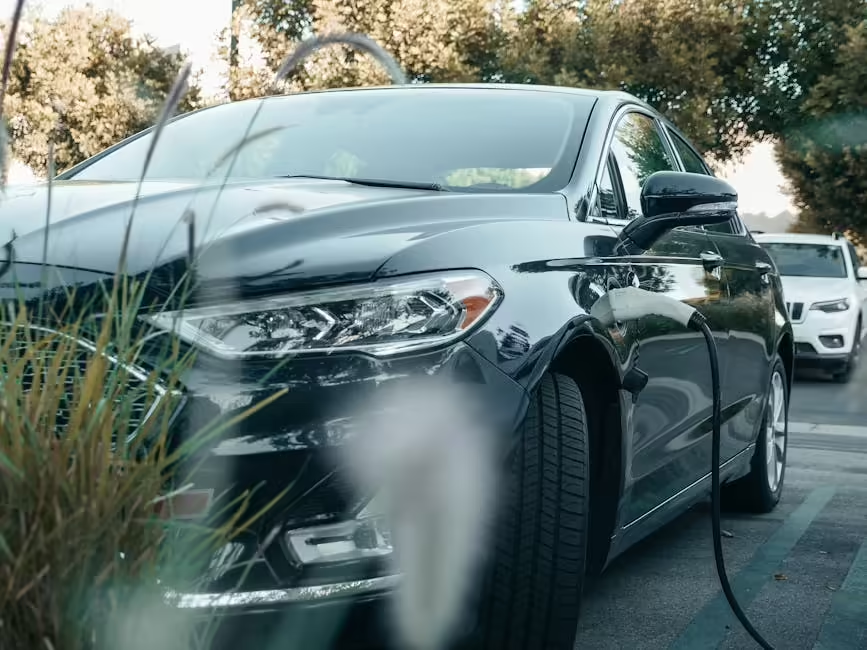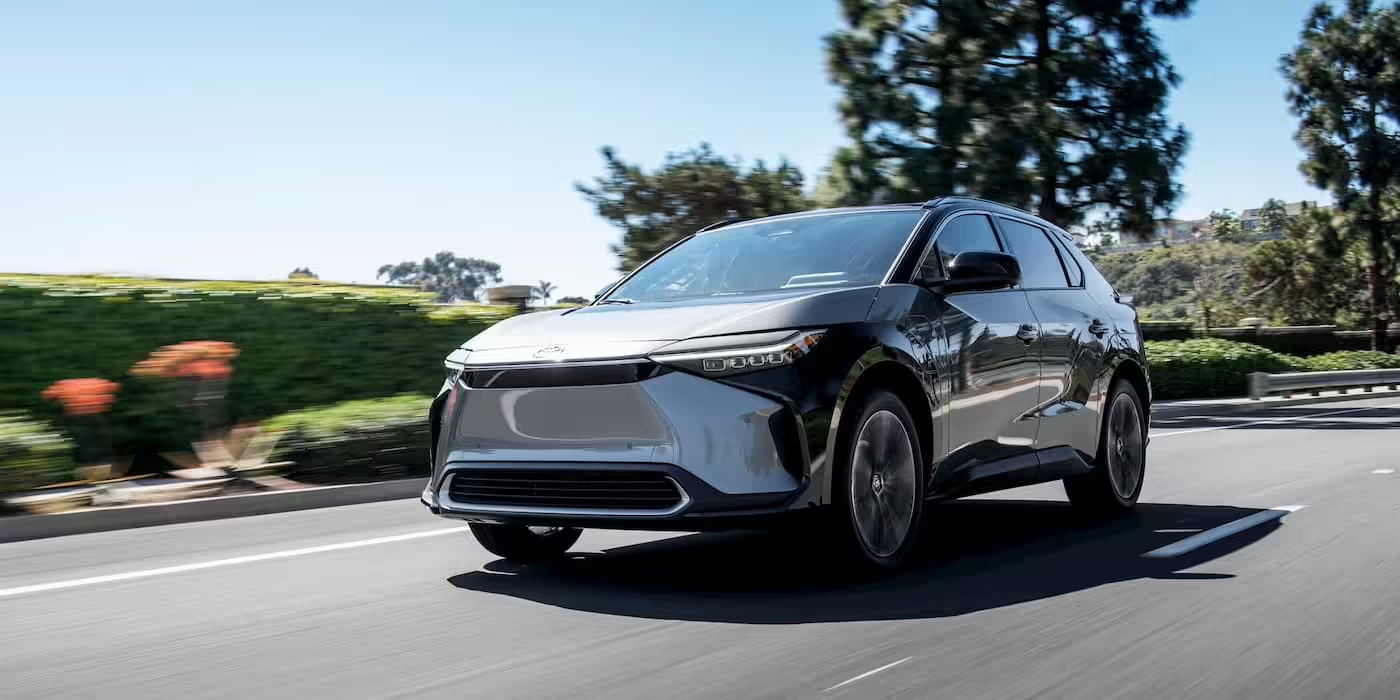New California Rule: EV Charging Facilities Required in New Residential Units Starting 2026
According to a recent report by electrek, California's new building regulations mandate that most new overnight parking spaces must be equipped with electric vehicle (EV) charging facilities starting from 2026.
At the same time, California is about to introduce a new policy requiring new parking spaces to be equipped with EV charging facilities, ensuring that most new parking lots can provide charging services for electric vehicles.

Currently, California's building codes already require a certain proportion of new construction units to be ready for electric vehicle charging, depending on the scale of the project. The new regulation requires that, "in most cases," each residential unit must have at least one charger installed. For each new residential unit in multi-unit development projects, at least one parking space must meet the "EV charging ready" standard.
"EV charging ready" parking spaces refer to those equipped with at least one 240V / 20A outlet or charger, supporting standardized outlets (such as NEMA 6-20, 14-30, or 14-50) or J1772 or J3400 (NACS) chargers.
If the parking space is dedicated to a residential unit, the regulation requires that, "where feasible," the parking space should be connected to a separate circuit and linked to the unit's electrical panel. If the parking space is shared, then each unit must have at least one EV charging ready parking space. If there are more parking spaces than residential units, at least 25% of the remaining spaces must meet the charging ready requirements.
These regulations apply not only to multi-unit residential buildings but also extend to commercial facilities such as hotels. New hotels or motels must ensure that 65% of parking spaces are ready for electric vehicle charging, and cities can increase this proportion to 100% based on demand.
Even non-residential parking lots have new requirements for electric vehicles. 20% of the parking spaces in any commercial, office, or retail parking lot must be capable of installing electric vehicle charging equipment, and cities can choose to increase this requirement to 30% or 45%.





